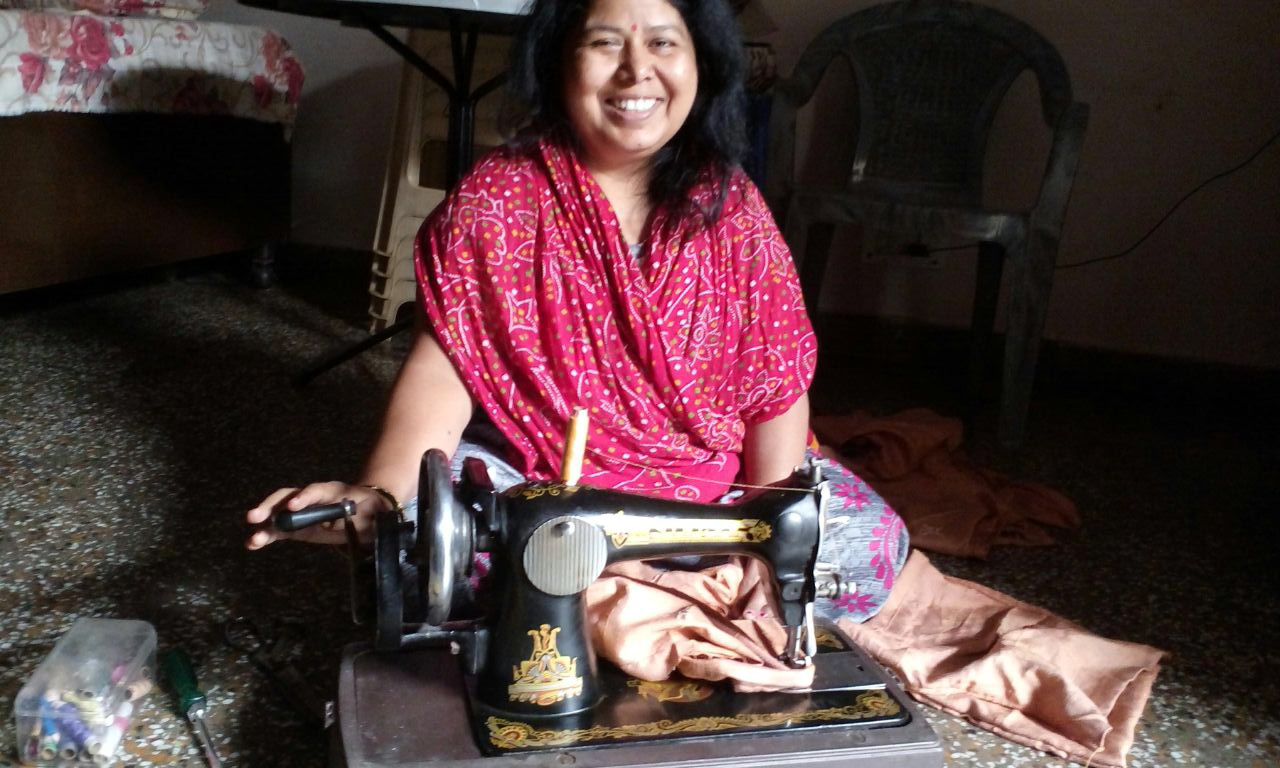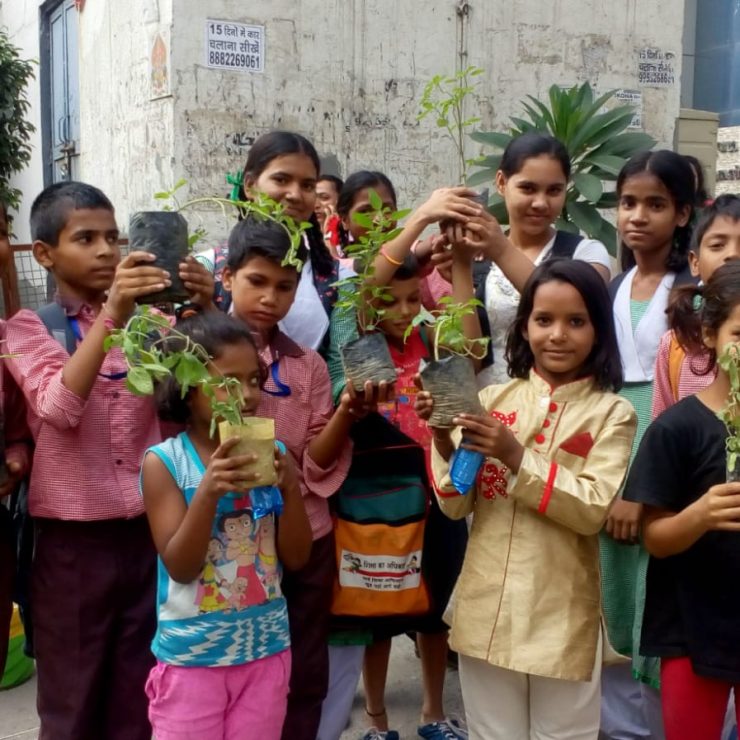Ananya Chhaochharia is the founder of ‘Paint it Red’, an...
Read More
Women Empowerment

an aware, free-thinking and a self-dependent woman.


Mary Adline in Bihar is involved in initiatives related to literacy, cleanliness, eradication of hunger, prevention of sexual harassment, alternative livelihoods, and prevention of dowry and child marriage. Yogita Bhayana in Delhi works to provide medical, financial, and psychological support to rape victims, so that they can leave the trauma behind and move on with their lives.
Piyusha Abbhi works with rural women in a small village in Paonta Sahib to convert plastic waste sourced from factories in her area into lifestyle products. Simranpreet Kaur in Delhi provides training in embroidery and stitching to women from lower-income groups and helps them market their products as a social entrepreneurship initiative.

Pooja Iyengar in Madhya Pradesh is presenting sustainable livelihood options to rural women. Pooja ensures that the tribal community of Alirajpur, Jobat, and Jhabua are able to use their cultural inheritance of block printing to provide for their families. She also helps survivors of the Bhopal gas tragedy stand on their own feet using their traditional craft-skill of Zari Zardosi. Anurekha Jain and Ananya Chaoccharia are working to break through the taboo surrounding menstruation and provide women with sustainable alternatives to the commercial disposable sanitary pad.
When a woman is empowered, a family is saved, which was never more true than during the COVID-19 lockdown. When all industries and transport were shut down, most people in the unorganized sector lost their income source. The initiatives undertaken by the Chetna Heroes at this point were instrumental in ensuring that these women’s families did not have to sleep empty stomach















